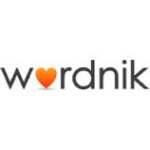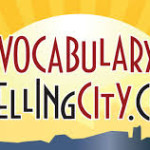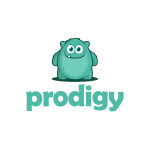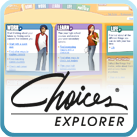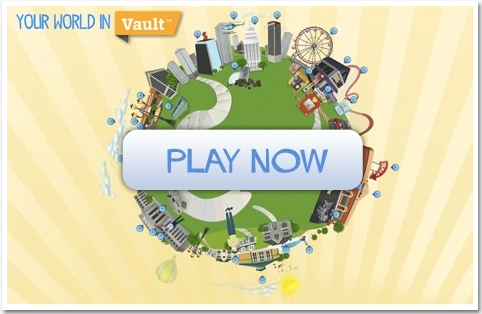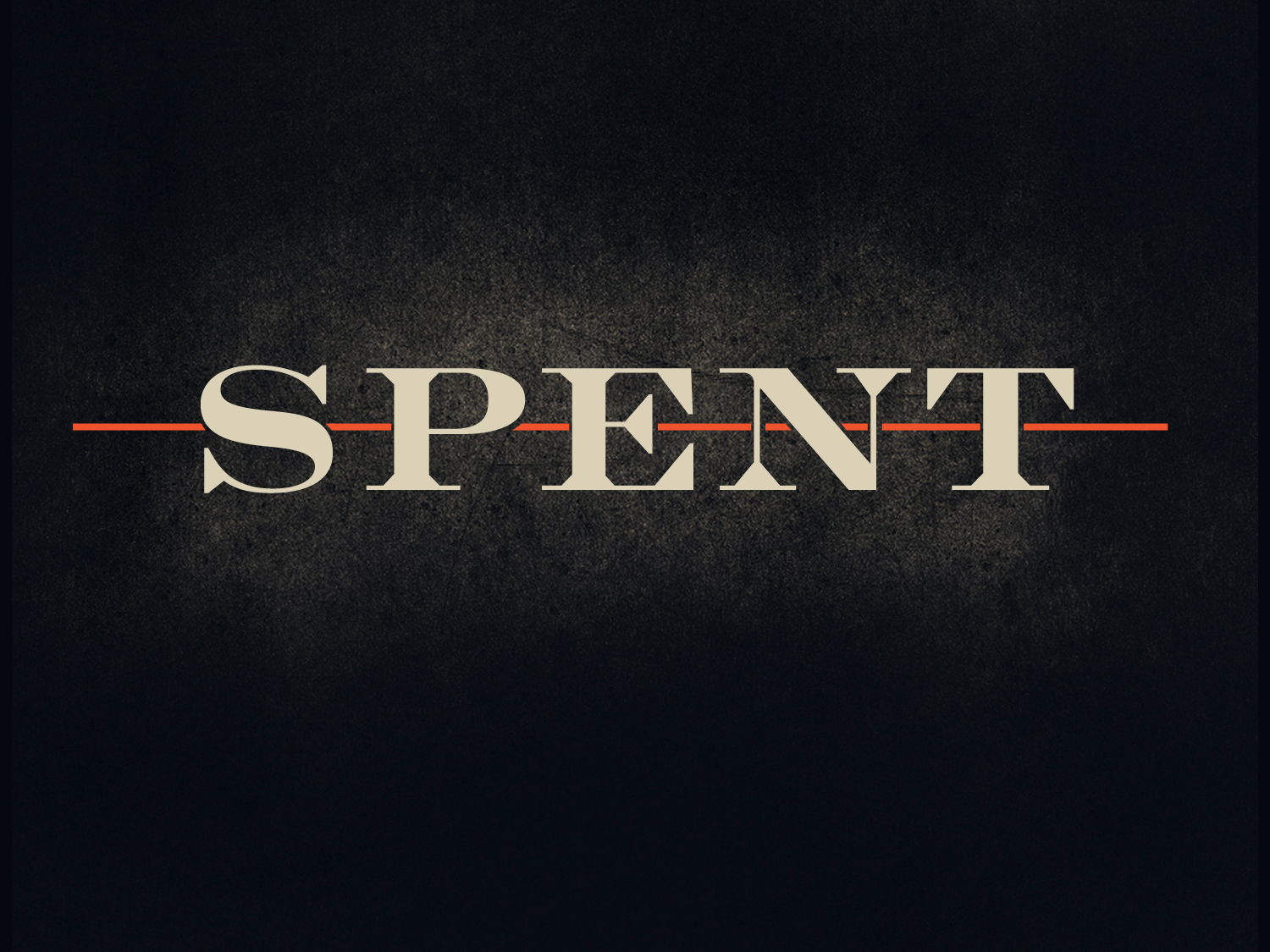Life & Career Skills
Life and career today seems to spread each of us thinner and thinner. We each must be able to have characteristics beyond thinking skills and content knowledge. The ability to navigate the complex life and work environments in the globally competitive as well as collaborative information age requires students to pay rigorous attention to developing adequate life and career skills.
COLLABORATION
What children do together today, they can do alone tomorrow. ~Lev Vygotsky 1962
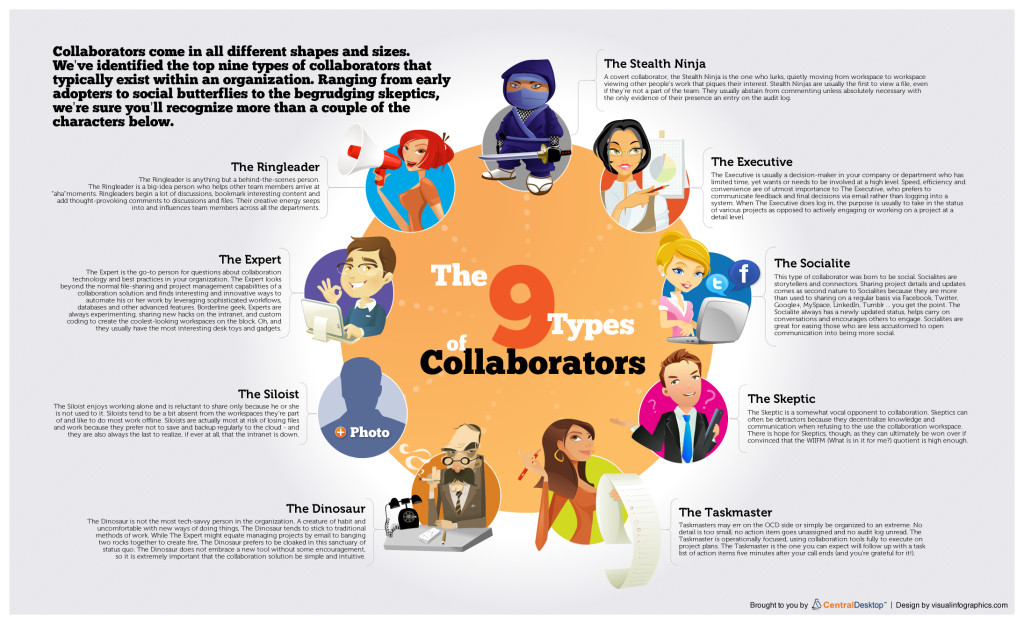
Collaboration is a critical global life and career skill. Students that learn to work together out perform students that work in traditional independent/isolated environments. But intentional and purposeful collaboration doesn’t come naturally, it must be facilitated with accountable and strategic instruction. Creating caring and respectful cooperative classrooms gives teachers leverage with powerful results.
Collaborative Pairs is a strategy to help students develop meaningful conversations about their learning. It also allows students opportunity for guided social interaction which lends itself to their developmental traits and cognitive growth patterns.
Cooperative Learning structures can be further studied with Dr. Spencer Kagan’s Cooperative Learning strategies and discussion at www.kaganonline.com.
According to The Partnership for 21st Century Skills students must be prepared for these key skills:
FLEXIBILITY AND ADAPTABILITY
Adapting to Change
- Adapt to varied roles, jobs responsibilities, schedules and context
- Work effectively in a climate of ambiguity and changing priorities
Be Flexible
- Incorporate feedback effectively
- Deal positively with praise, setbacks and criticism
- Understand, negotiate and balance diverse views and beliefs to reach workable solutions, particularly in multi-cultural environments
INITIATIVE AND SELF-DIRECTION
Manage Goals and Time
- Set goals with tangible and intangible success criteria
- Balance tactical (short-term) and strategic (long-term) goals
- Utilize time and manage workload efficiently
Work Independently
- Monitor, define, prioritize and complete tasks without direct oversight
Be Self-directed Learners
- Go beyond basic mastery of skills and/or curriculum to explore and expand one’s own learning and opportunities to gain expertise
- Demonstrate initiative to advance skill levels towards a professional level
- Demonstrate commitment to learning as a lifelong process
- Reflect critically on past experiences in order to inform future progress
SOCIAL AND CROSS-CULTURAL SKILLS
Interact Effectively with Others
- Know when it is appropriate to listen and when to speak
- Conduct themselves in a respectable, professional manner
Work Effectively in Diverse Teams
- Respect cultural differences and work effectively with people from a range of social and cultural backgrounds
- Respond open-mindedly to different ideas and values
- Leverage social and cultural differences to create new ideas and increase both innovation and quality of work
PRODUCTIVITY AND ACCOUNTABILITY
Manage Projects
- Set and meet goals, even in the face of obstacles and competing pressure
- Prioritize, plan and manage work to achieve the intended result
Produce Results
Demonstrate additional attributes associated with producing high quality products including the abilities to:
- Work positively and ethically
- Manage time and projects effectively
- Multi-task
- Participate actively, as well as be reliable and punctual
- Present oneself professionally and with proper etiquette
- Collaborate and cooperate effectively with teams
- Respect and appreciate team diversity
- Be accountable for results
LEADERSHIP AND RESPONSIBILITY
Guide and Lead Others
- Use interpersonal and problem-solving skills to influence and guide others toward a goal
- Leverage strengths of others to accomplish a common goal
- Inspire others to reach their very best via example and selflessness
- Demonstrate integrity and ethical behavior in using influence and power
Be Responsible to Others
- Act responsibly with the interests of the larger community in mind
Other important KEY LIFE & CAREER SKILLS include being able to identify key interests as students expand their horizons and explore possible career opportunities. Volunteering and internships are great ways to explore these key skills. Hands-on experiential learning opportunities help students understand the realities of the real world.
Resources:
http://www.centraldesktop.com/
www.kaganonline.com
www.p21.org






